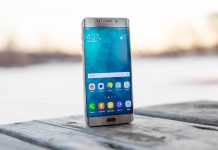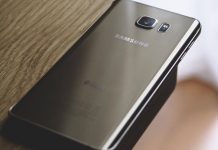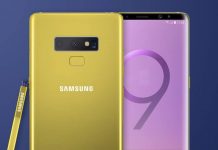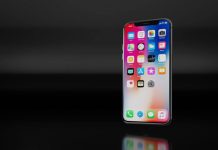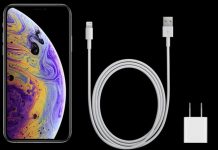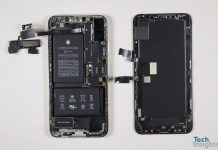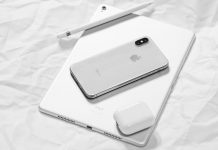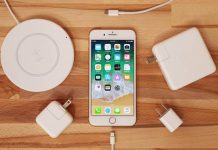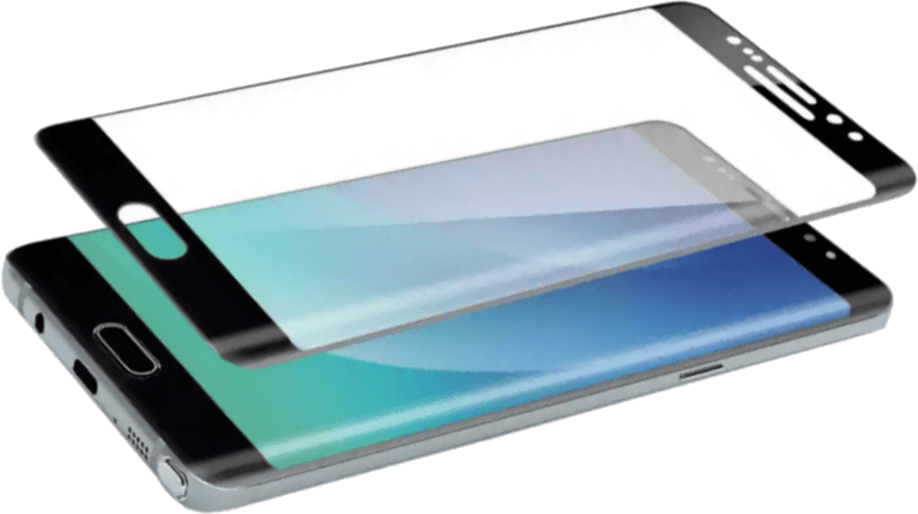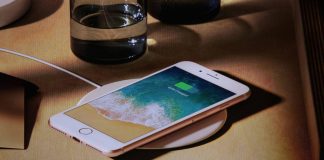Qualcomm is continuing its patent crusade against Apple. This time the case concerns a dispute which was considered by the court in Munich. Qualcomm accused Apple of patent infringement and proved his case to the German justice system. Now, the Cupertino giant has been forced to withdraw from its German stores all models of the iPhone 7 and iPhone 8.
The smartphone market is one of the most competitive markets in the world. Manufacturers must be careful not to violate the solutions patented by individual companies. Therefore, most of them decide to cooperate with giants who offer mobile chipsets along with comprehensive platforms. Obviously, this involves appropriate licensing fees. The problem starts at the moment when one of the producers decides to give up the tried and tested solutions. That’s the case between Apple and Qualcomm. The Cupertino giant abandoned the use of Qualcomm modems for Intel chips, which resulted in the beginning of a series of patent lawsuits.
Apple has to withdraw from the sale of iPhones in Germany
The ban applies only to iPhones with Intel and Qorvo chips. In practice, this applies only to all variants of the iPhone 7 and iPhone 8. Newer Apple smartphones, i.e. iPhone X, XS and XR do not violate the problematic patent. However, this does not mean that older iPhones will disappear from German stores. The sale ban applies to 15 Apple outlet stores and does not include stores not belonging to the giant.
The problematic patent relates to a mechanism that reduces battery consumption. It is a solution that adjusts the supply voltage of the power amplifiers basing on the envelope of the radio signal. As a result, the amplifiers retain the highest possible energy efficiency, which translates into lower power consumption from the battery. Rather, there is no way for the ban to be bypassed using software updates. Apple lawyers intend to appeal against the ban.
Source: CNBC




